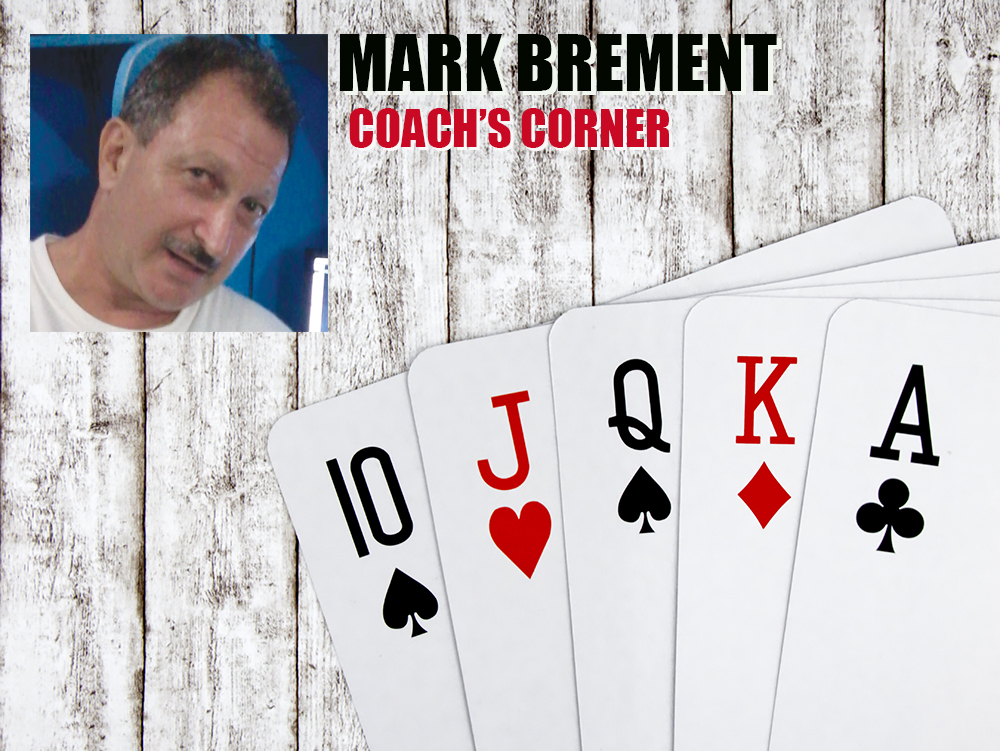Imagine a solid poker player who has a winning history and has read poker books, but he’s in a rut and approaches me for lessons. He plays $2-$5 no-limit hold’em with a $500 buy-in and in our first consultation my gut feeling is he might be playing a solid range but is playing trap hands out of position. Furthermore, this player has a bankroll and you guessed it, he’s quitting his day job and is about to take a shot at going pro.
After a few lessons and some hand review, I’ve talked him out of quitting his day job and, in a nutshell, I’m proud to say I’ve saved his life. I hope this doesn’t sound drastic to you.
My hunch proved correct. He’s playing out-of-position poker. A quick analogy is a drunk getting a job in a bar. Not a good idea. Position is to poker as water is to life.
By taking raises with trap hands out of position, one cannot beat the odds. It’s like taking a knife to a gunfight. You’re starting a wrestling match with the villain’s foot on your neck. You cannot beat the game. So how was he doing it in the past? Easy. As you have read from me in past columns, we’re only as good as our opponents play poorly. Our player has developed a monster leak. By playing poorly and winning, he was in a game where his opponents were playing worse. His mistakes were working. This can happen in poker. But when the game gets tougher, bingo, our player has a leak. Let’s look at a real-life example:
In a loose, $2-$5 game with effective stacks at $500-$1K, a player with $1,400 calls an under-the-gun raise to $25 and two more players call. Well, calling with A-J from an early position raiser is a blunder. If we can put this player on a wide range, then a reraise might be an option to drive out the players behind you. This would allow you to take the flop with position. Most often, this is an automatic fold. A-J is a trap hand, enough said.
Calculate how many hands dominate A-J. Then multiply this by the players in the hand. There are simply too many ways to get into trouble. That’s why trap hands are also referred to as trouble hands.
In short, if I’m a hitting coach, then playing out of position means swinging at pitches out of the strike zone. That’s not a good idea.
— Mark Brement has spent 15 years teaching and coaching all facets of poker, including at Pima CC. Email him at brementmark@gmail.com.




